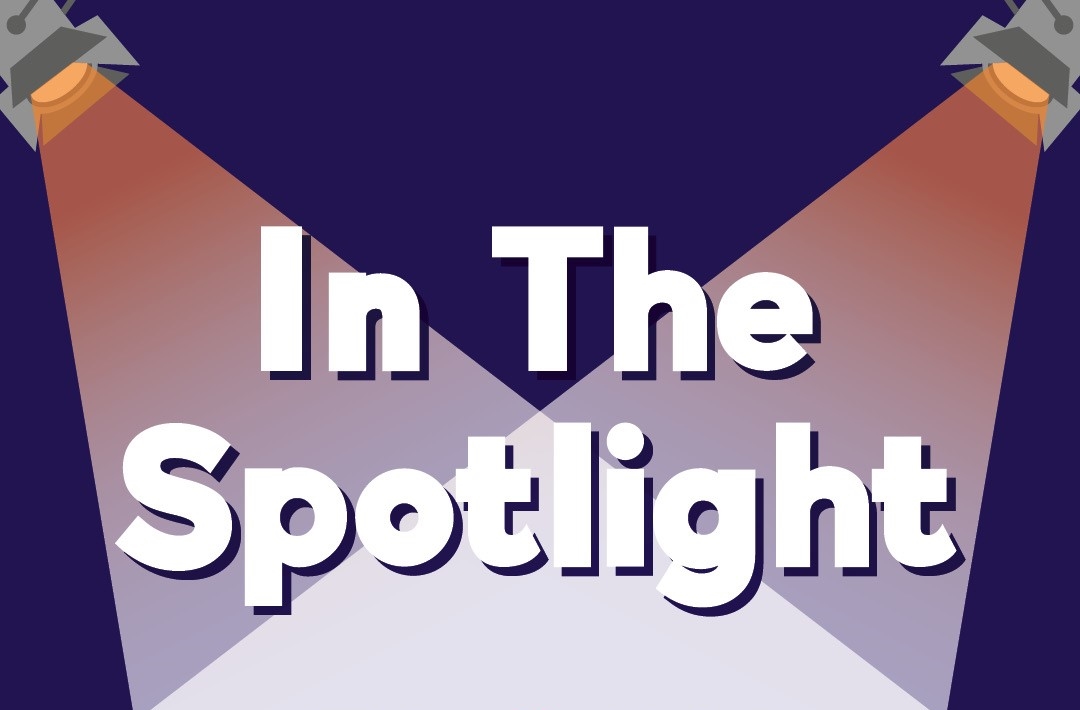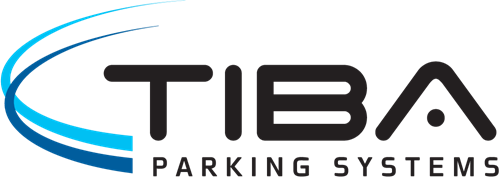
During our latest In the Spotlight interviews, we’ve heard from industry experts on a range of topics including the transition from hardware to software, the role of vision technology and machine learning, and the importance of green investments within the parking industry. Read on for short summaries of each of our latest interviews or watch the videos in full below.
Filling a Parking Guidance Void with Vision Technology and Machine Learning
Chris Scheppmann, Managing Member at EnSight Technologies joined In the Spotlight to explain how vision technology, when combined with AI and machine learning, can fill a void in existing parking guidance systems, helping to provide technology for the many, not the few.
To optimize their facilities, parking operators require technology that can scan, count, and track cars. Traditionally they have been given two choices: an entry-level inductive loop system, or a full-scale parking guidance system complete with ultrasonic sensors, single-space cameras, and lights.
Whilst entry-level inductive loop systems are relatively inexpensive they are often inherently inaccurate. And so, what a parking operator saves on initial costs they lose in overall value as they do not gain the desired insight into their facility which will enable optimization and increased revenue. On the other hand, complete, high-end parking guidance systems are very expensive, and really only available to large parking facilities such as those found at airports or venues.
EnSight Technologies has made it their mission to provide a flexible, scalable, and modular vision system that is highly accurate and at a price point that is suitable for the masses. Taking their vision system experience from the cargo industry, EnSight Technologies created an ecosystem that can help parkers choose the best place to park and give operators valuable insight into their facility.
By combining cameras with AI and machine learning, their smart, simple, and scalable solution provides parking asset owners with highly accurate data about how cars are moving within the facility. Moreover, by integrating with third parties or bolting on additional modules such as LPR, or the collection of unique identifiers such as color, make and model, parking managers can improve security, create a frictionless experience, enhance marketing opportunities and support the wider smart city ecosystem.
Transitioning from Hardware Heavy to Software Focused
Steve Gorski, CEO at DESIGNA Access Corporation brought us up to date with changes in the company and discussed the industry trend towards software.
Alongside AXESS, an access control provider for stadiums, sporting venues, and ski resorts, and iLogs, a software development company, DESIGNA falls under the MTH Group. Recently, iLogs and DESIGNA were combined, embedding software expertise within DESIGNA at a moment when the parking industry accelerates its transition away from hardware towards software. Of course, hardware is still necessary, but focusing on software enables parking facilities to futureproof. Unlike hardware, software can be quickly updated and expanded with new applications and functionalities, creating efficiencies for drivers and operators alike.
Furthermore, the verticals supported by AXESS also require parking, helping DESIGNA to leverage existing relationships to uncover incremental business opportunities for a total access system. Such all-encompassing, frictionless systems seem to be the future of parking as it moves towards the software-first mindset. In airport parking, for example, integrations with third-party providers that enable pre-booking and online reservation are becoming commonplace and even expected.
Elsewhere, in the hospital parking vertical, facility managers of large sites are looking to integrate parking access control and guidance with internal wayfinding. Such integration makes it possible for patients to receive directions from the moment they leave their door, through the parking garage to an available space, and directly to the door of their appointment without needing to stop at a meter, because they were able to pay online.
Extending these emerging ticketless, frictionless, and touchless trends into event parking and working alongside AXESS Group, DESIGNA envisions a future where a spectator can park, access the facility, choose food, drinks, and souvenirs, and leave with as little interaction as possible.
Genetec – Celebrating 25 Years
Michael Bradner, Product Manager at Genetec joined In the Spotlight to celebrate the company’s 25th anniversary and share the secret of their continuing success.
Since founding the company in 1997, Genetec President, Pierre Racz has been committed to protecting the everyday. Centered around the three pillars of video, access control, and LPR, Genetec is dedicated to innovation, privacy, and cybersecurity. And the secret of their success? The Genetec team, or, as they like to be known, the wrecking crew!
In terms of Covid-19, a lot of things changed in the parking industry. During the first year, businesses ground to a standstill, and enforcement was dropped in many places. But, with time on their hands, businesses were able to reassess their operations and consider whether there might be better ways of doing things. Universities, for example, took a closer look at their permitting and enforcement procedures, whilst workplaces considered how they might manage changing parking demand in the face of hybrid working patterns.
In North America, parking operators and asset owners turned away from cash payments towards gateless and contactless solutions. Whilst in Europe, enforcement has become more and more centralized. Citations no longer need to be placed on windshields, helping municipalities cut back on them. Such a trend is yet to catch on in the United States, where legislation and public opinion need to be challenged before centralization can become a reality.
Across the board EV charging stations are becoming more commonplace, and with this trend comes a need for solutions that can enforce and maintain them. And frictionless parking experiences are becoming popular amongst venues and cities, as successful use cases provide promising data for those that remain skeptical.
For the future of Genetec, the company wants to use data in a meaningful way, move to the cloud and develop their hardware as a service model to create a more successful journey for clients.
Adaptive Recognition – Global Shortages and Making Green Investments
Richard Wolf, International Sales Director at Adaptive Recognition shared his insight into the challenges facing the IT industry, the latest parking trends, and the importance of making green investments.
As a result of Covid-19 and the ongoing war in Ukraine, the IT industry has been affected by a global shortage of key components, resulting in inflated shipping costs and longer delivery times. When combined with the impact of inflation and increased wages, it has been a challenging time for the industry. However, the number of cars is still increasing and so the parking industry continues to grow as it becomes necessary to accommodate these additional vehicles. Moreover, as drivers begin to expect free-flow and cashless parking this trend accelerates, demanding the development and installation of new technology at existing facilities.
As cities and parking facilities race to become greener, the role of license plate and make and model recognition grows in importance. Cities are increasingly adopting low-emission zones and no-car zones, whilst parking facilities are dividing into green parking zones and ordinary parking zones. And, enforcement of green parking zones is becoming more critical as free parking for EVs is phased out. No EV driver wants to pay for parking whilst they wait for a charging space to become available, to then also have to pay for that parking space too.
Adaptive Recognition’s Carmen® Box is a green investment. IP cameras are not new technology, many facilities already have them installed and they are just fine for license plate recognition with the correct upgrades. With the economy struggling and the climate crisis escalating it is not necessary to get rid of all this hardware and replace it with new. Thanks to Adaptive Recognition, these cameras can be upgraded to include parking control functionality, reducing electronic waste.



